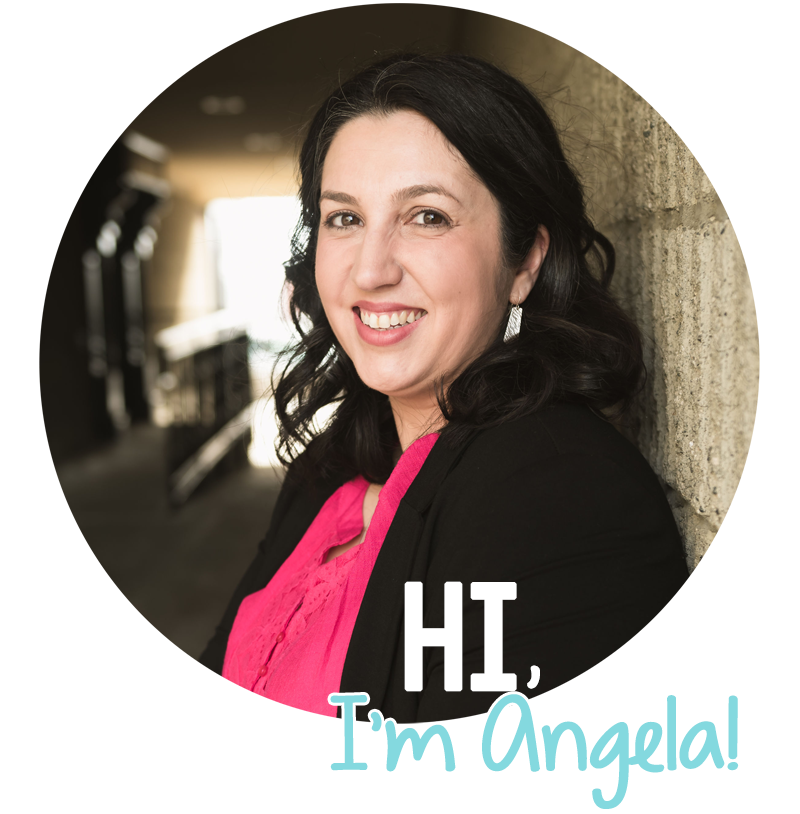As a teacher it always feels like I’m adding more things to my “To Do” list than I’m taking off. There’s always something to grade, some sort of data to hand in, and more curriculum to cover than it feels like ever possible.
Please tell me I’m not alone!
After 10 years at this job, here are six strategies I’ve found that help me to “fit it all in”.
Plan Ahead
When I reflect back on the situations where I’ve wasted the most time in my classroom, it’s almost always been due to lack of planning. I’m constantly looking ahead to the next day, the next week, and the next month, making sure that I haven’t forgotten anything crucial and that I’m best utilizing every piece of time. When you plan ahead, deadlines can’t sneak up on you.
Two of my biggest planning tools are my year planner and first weeks planner. You can find both of these in my free resource library. If you’re not already a member, click on “Freebies” in the top right (when you’re done reading this post, of course!) to subscribe. You’ll get a link and password to the library shortly after.
Prioritize
Whether it be your day plan or your “To Do” list, you need to prioritize. It’s unlikely you’re going to get it all done, so make sure that the elements you do complete are most important.
Integrate
This is probably my number one secret to success. Look for areas where you can integrate your subject areas. I am constantly using Science and Social Studies content in my Language Arts lessons.
Consider Free Time
When you have early finishers in your classroom, what do you have them do? Drawing is fun, and it might be strengthening their art skills, sure, but is it the BEST use of time?
In my classroom, students complete year-long personal inquiry projects. Whenever a student is finished with a task early, they know to move on to their inquiry project. Inquiry is an amazing way to build critical thinking skills in students. It can boost research and informational writing skills. It also helps student with their ability to organize. You might not be directly covering curriculum, but you’re certainly covering competencies students need to be successful in life.
(If you want to know more about personal inquiry, click here.)
Establish Routine
Routine in the classroom is essential for so many reasons! By training your students through routine, you can save A LOT of valuable time each day. When you don’t need to constantly go over directions you’re freeing up a lot more time to cover all of that curriculum.
Be Critical
One thing you learn quickly as a teacher is that there’s always something interrupting your schedule. Some things are non-negotiable, but others you can decide to partake in, or not. Be critical. Ask yourself, does this benefit my students academically, socially, or emotionally? If not, bow out.
Pin this post.
Helping to inspire,







